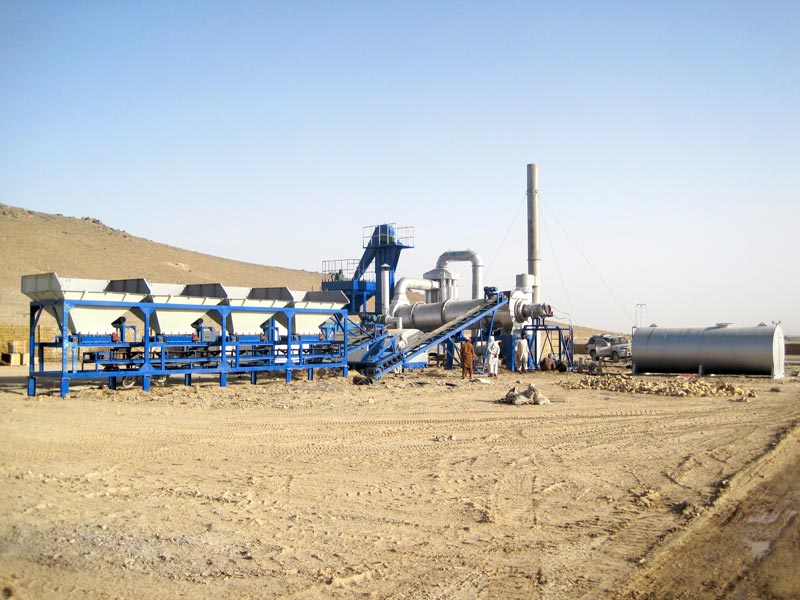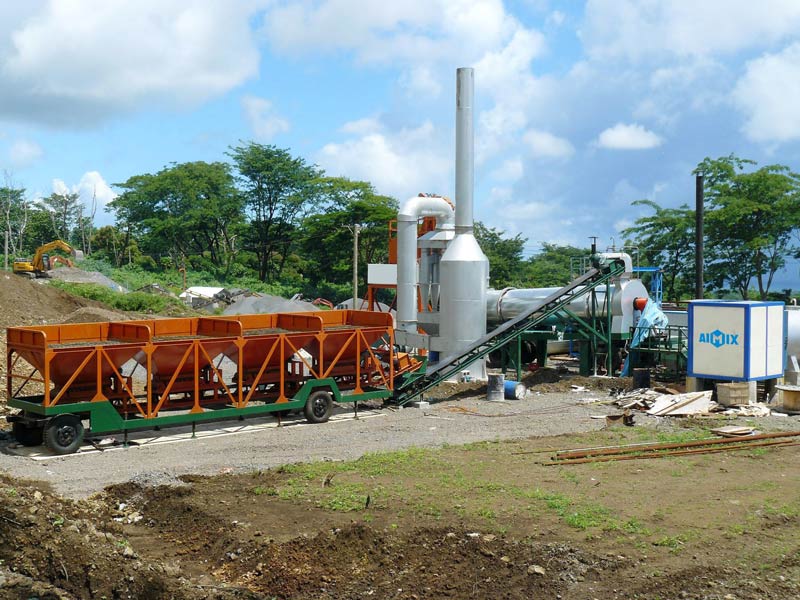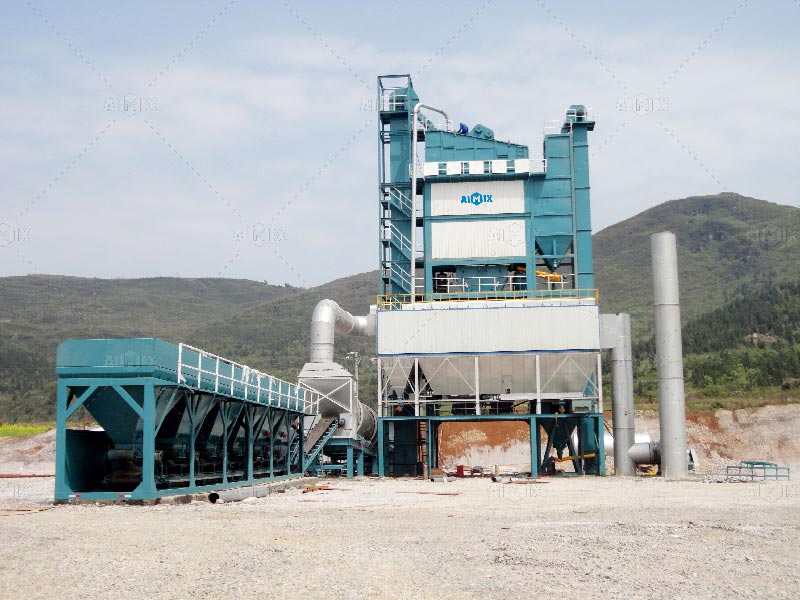In the rapidly evolving construction industry, efficiency and productivity are paramount. Among the plethora of advancements, the continuous asphalt plant stands out as a beacon of efficiency, contrasting significantly with its counterpart, the intermittent asphalt plant. This article delves into how continuous asphalt plants operate, their advantages over intermittent plants, and tips for maximizing efficiency during operation.
Continuous asphalt plants represent a significant leap in technology within the realm of asphalt mixing plants, offering seamless operations and a steady output of asphalt mix. Their design and operational methodology mark a departure from the batch processing of intermittent asphalt plants, pushing towards a more streamlined, efficient production process.

The Operational Dynamics of Continuous Asphalt Plants
Unlike intermittent asphalt plants that produce asphalt in batches, continuous asphalt plants manufacture asphalt mix in a constant, non-stop process. Raw materials are fed into one end of the continuous asphalt plant(plantas de asfalto continua), where they’re heated, dried, and mixed with bitumen; the finished product then comes out continuously from the other end.
Key Components of Continuous Asphalt Plants
The primary components of a continuous asphalt plant include aggregate feeders, a drum mixer (where drying, heating, and mixing occur simultaneously), and a silo for temporary storage before dispatch. This streamlined process minimizes waiting times between batches, enhancing productivity and efficiency.

Advantages of Continuous Over Intermittent Asphalt Plants
The shift from intermittent to continuous asphalt plants brings several notable advantages, primarily centered around efficiency and cost-effectiveness.
Increased Production Capacity
One of the most compelling benefits of continuous asphalt plants is their increased production capacity. Since the process is uninterrupted, these plants can produce a consistent supply of asphalt mix at a much faster rate than intermittent plants(plantas de asfalto discontinua), which require stoppages between batches for cleaning and preparation.
Reduced Operational Costs
Continuous plants often boast lower operational costs. The continuous process requires less energy and fewer labor resources, as the need for manual intervention between batches is eliminated. Additionally, the reduction in start-up and shut-down sequences conserves fuel and reduces wear on the machinery.
Enhanced Quality Control
The consistency offered by continuous production translates into better quality control of the asphalt mix. With parameters such as temperature and mixing time being constant, the final product is uniform and meets required specifications more reliably than asphalt produced in batches.

Maximizing Efficiency with Continuous Asphalt Plants
To fully realize the potential of continuous asphalt plants, it’s crucial to implement best practices aimed at optimizing their operations.
Regular Maintenance and Calibration
Routine maintenance and timely calibration of equipment are essential to ensure the asphalt mixing plan(planta de mezcla asfaltico)t operates at peak efficiency. Regular checks prevent breakdowns and ensure accurate dosing and mixing of materials, leading to higher quality output.
Optimized Material Flow
Ensuring a smooth, uninterrupted flow of materials into the plant is vital for maintaining continuous production. This might involve strategic scheduling of raw material deliveries and maintaining an organized storage area to prevent bottlenecks.
Training and Skilled Operation
Given the sophisticated nature of continuous asphalt plants, having a well-trained operating team is indispensable. Operators should be knowledgeable about the intricacies of the plant’s systems and adept at troubleshooting to minimize downtime.
In addition, you can click this link to get more information about how to determine asphalt plant capacity requirements: https://aimixgrupo.com/como-determinar-los-requisitos-de-capacidad-de-planta-de-asfalto/
In conclusion, harnessing the full capabilities of continuous asphalt plants offers a pathway to heightened efficiency and productivity in asphalt production. By understanding their operational dynamics, appreciating the advantages over intermittent plants, and implementing strategies for optimal performance, construction firms can significantly enhance their project outcomes while reducing costs.